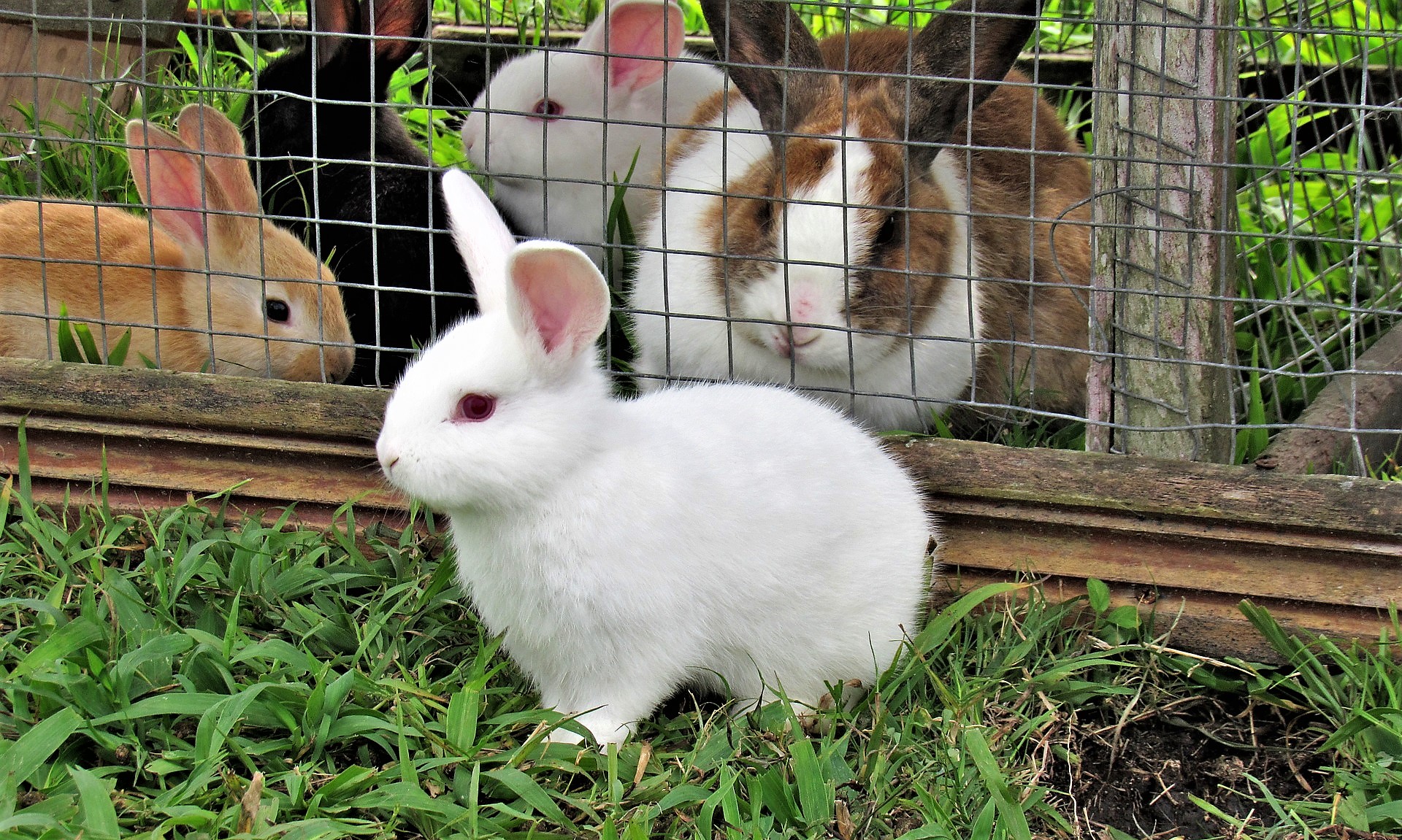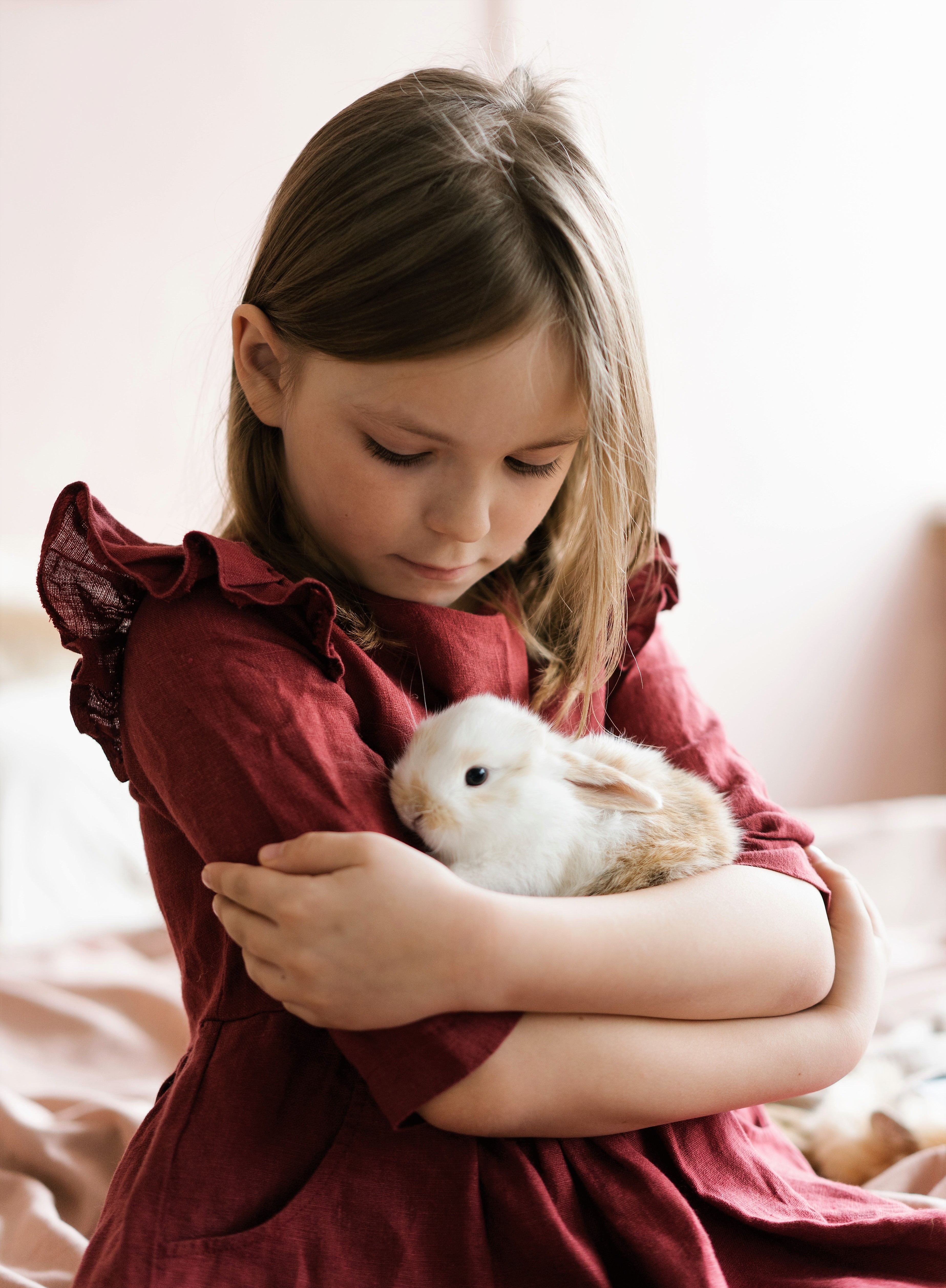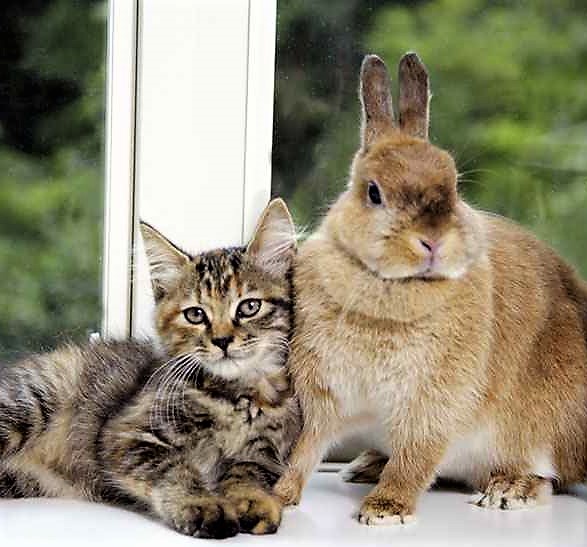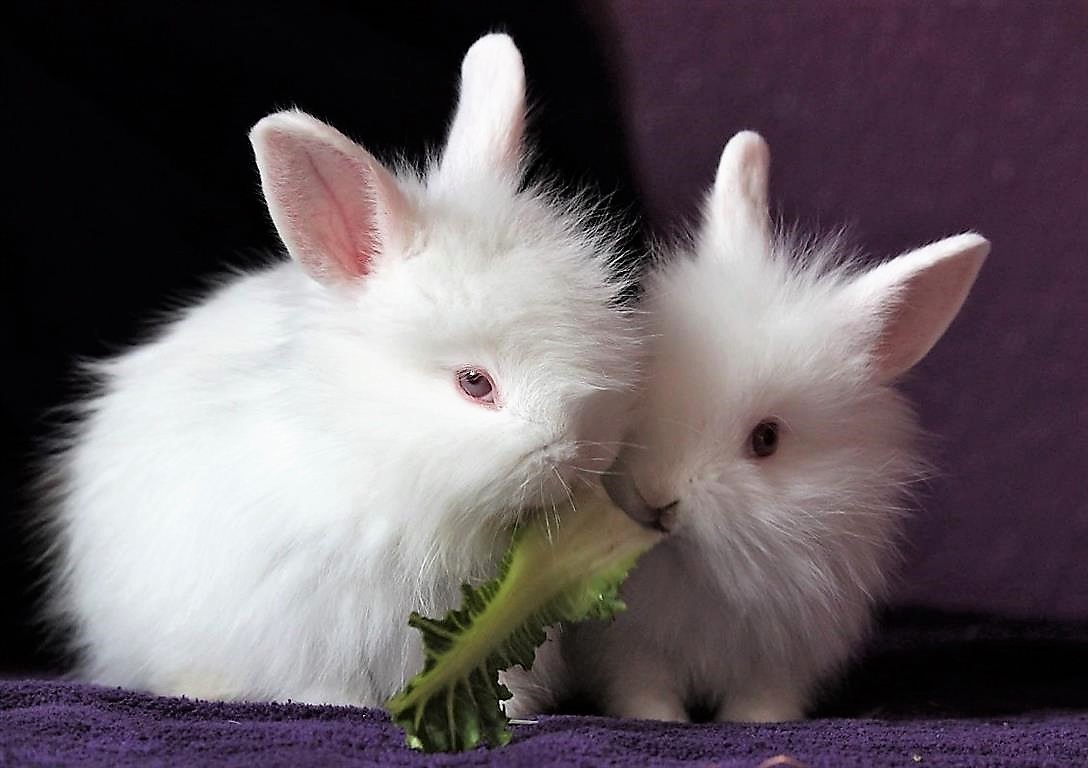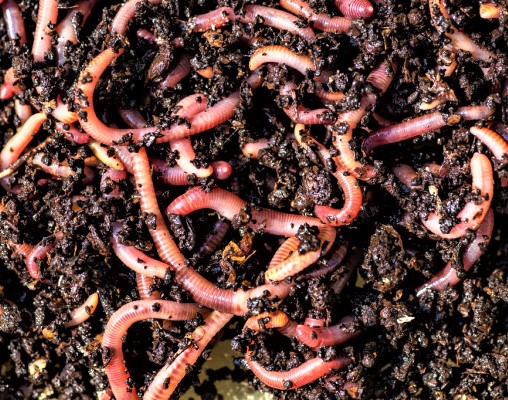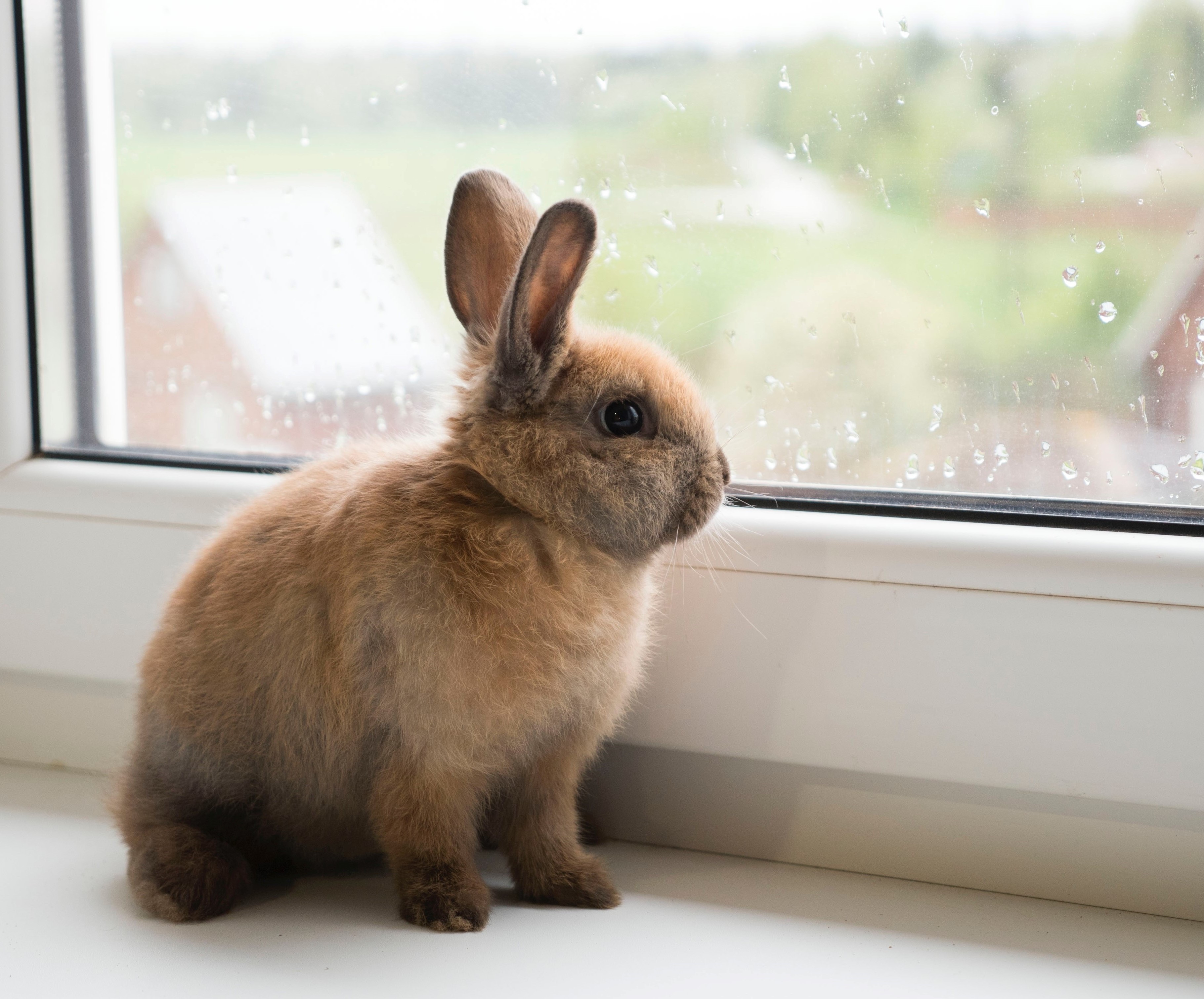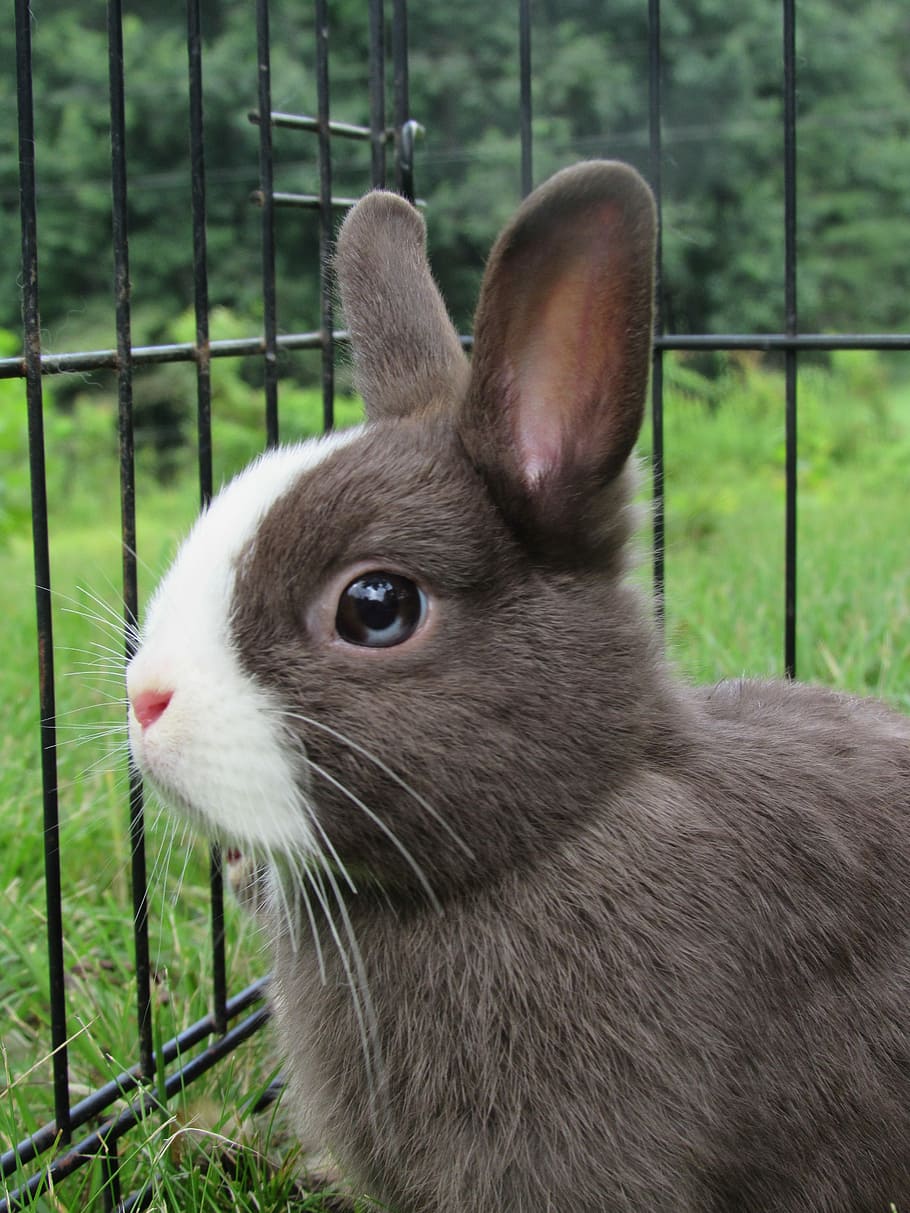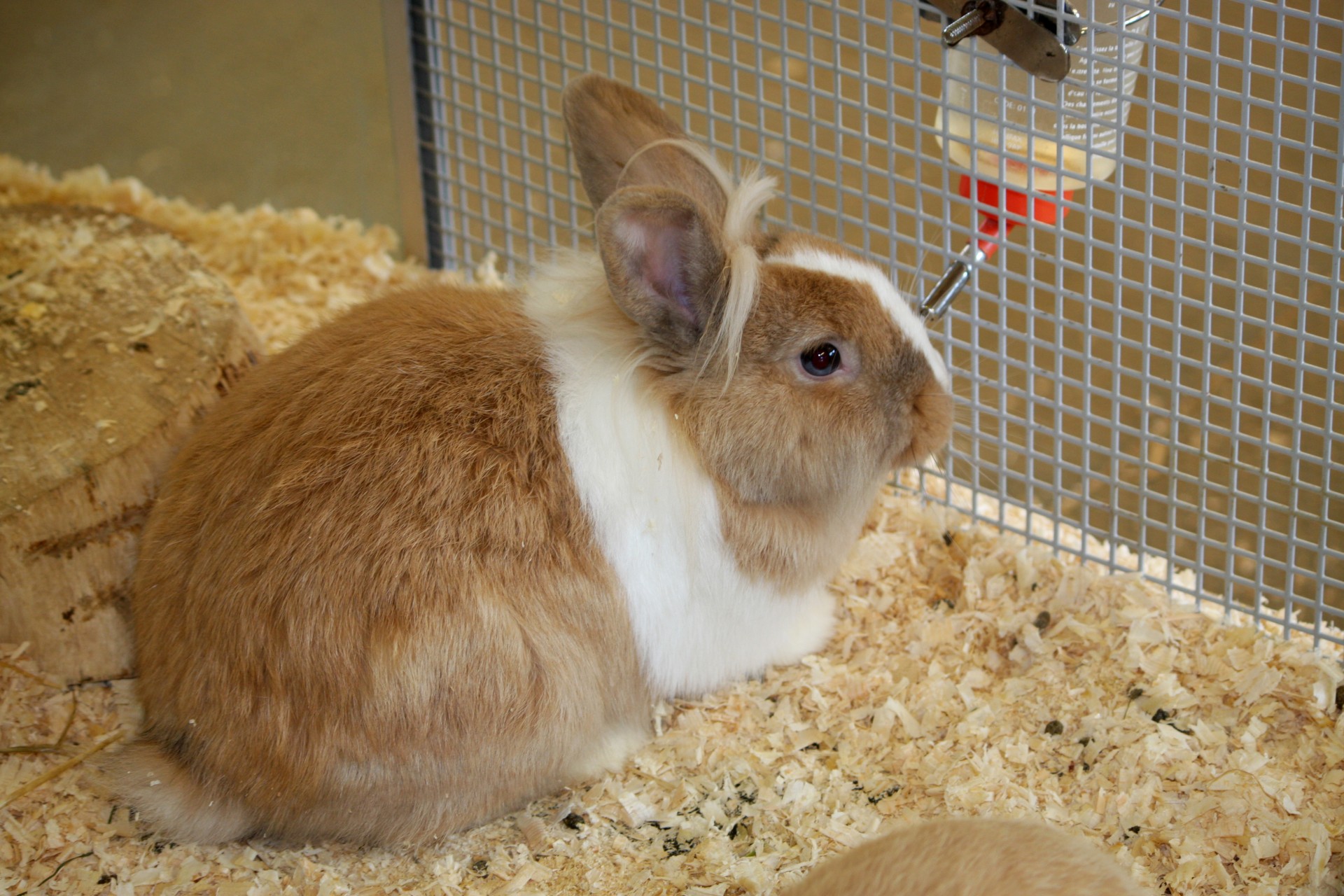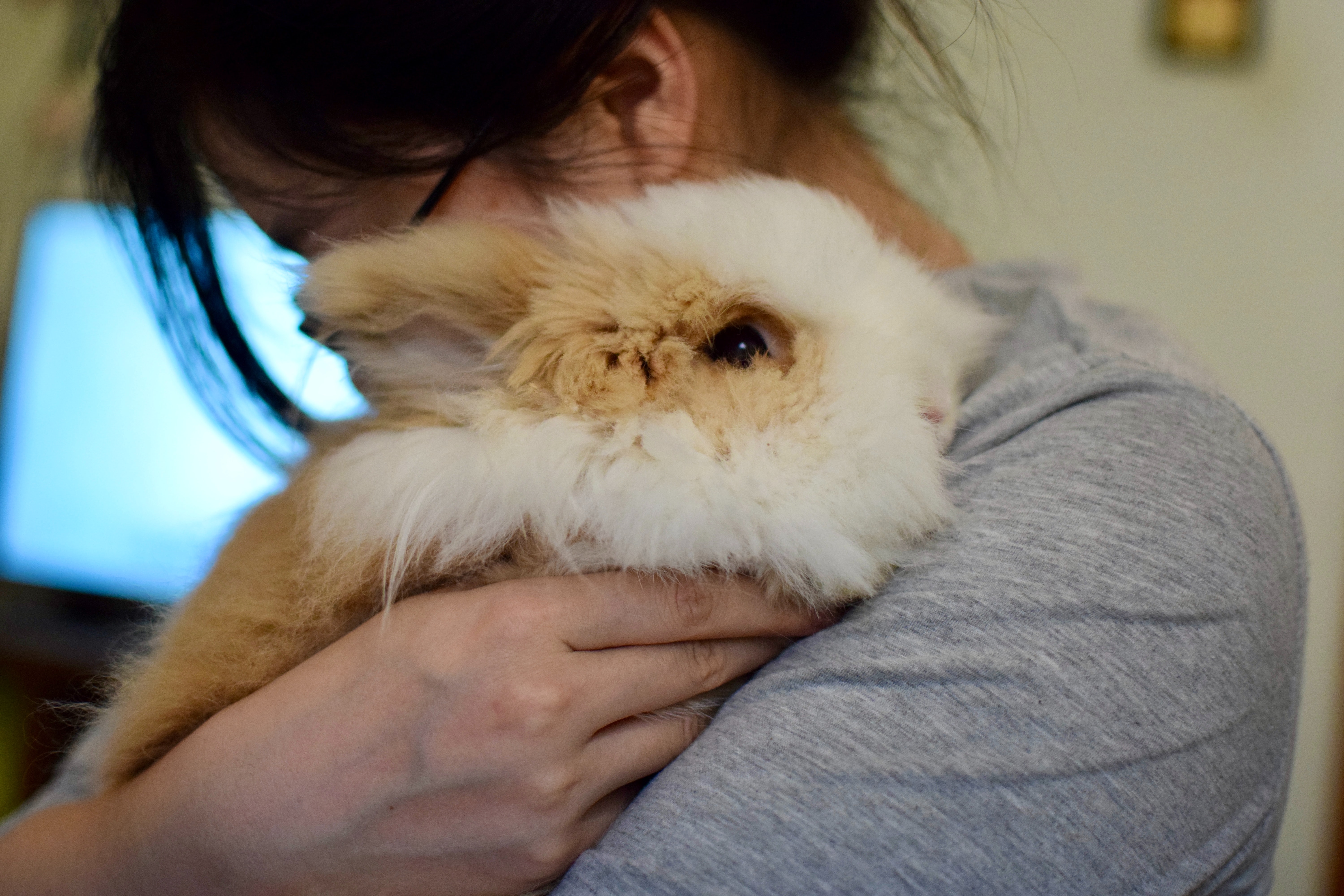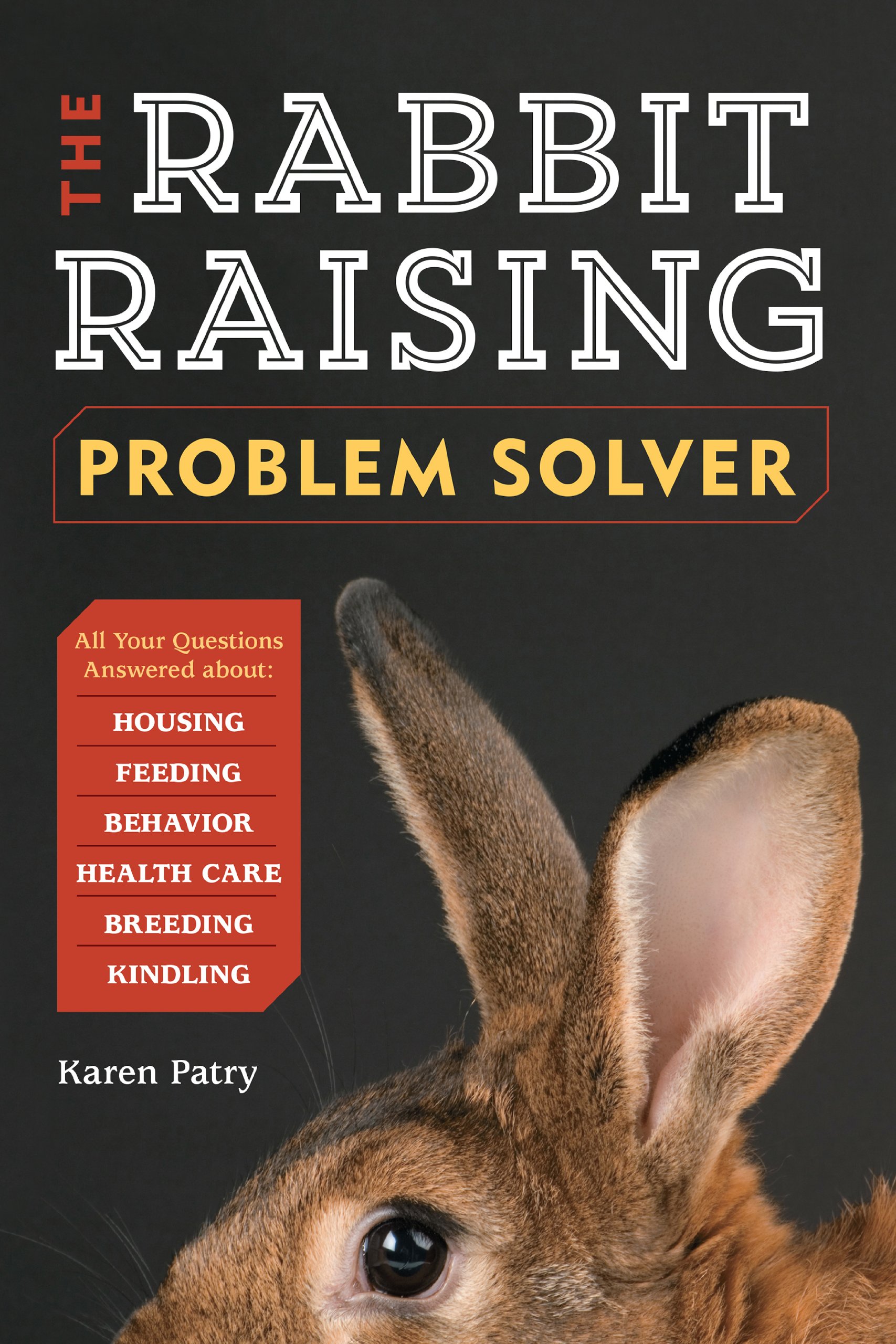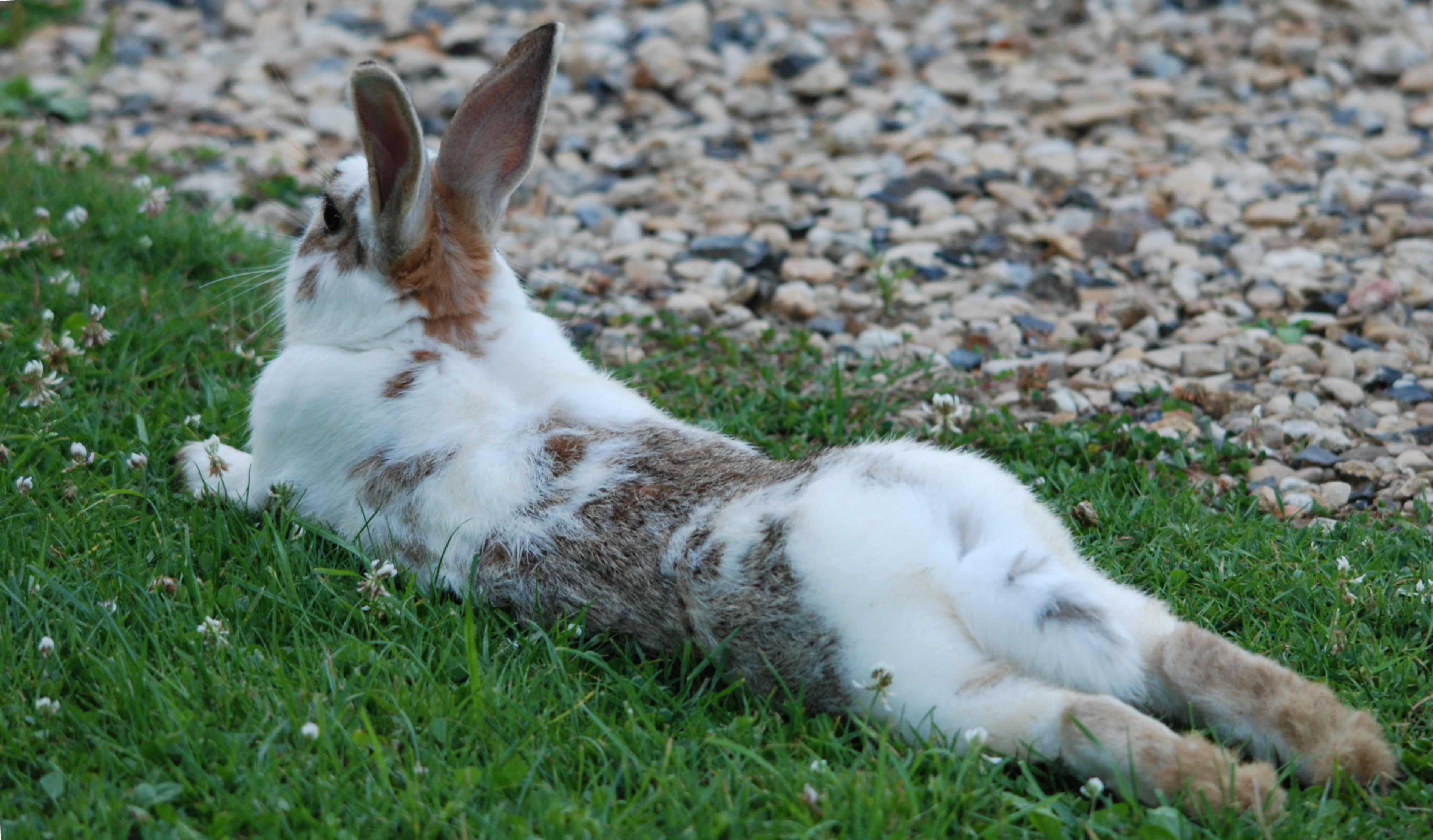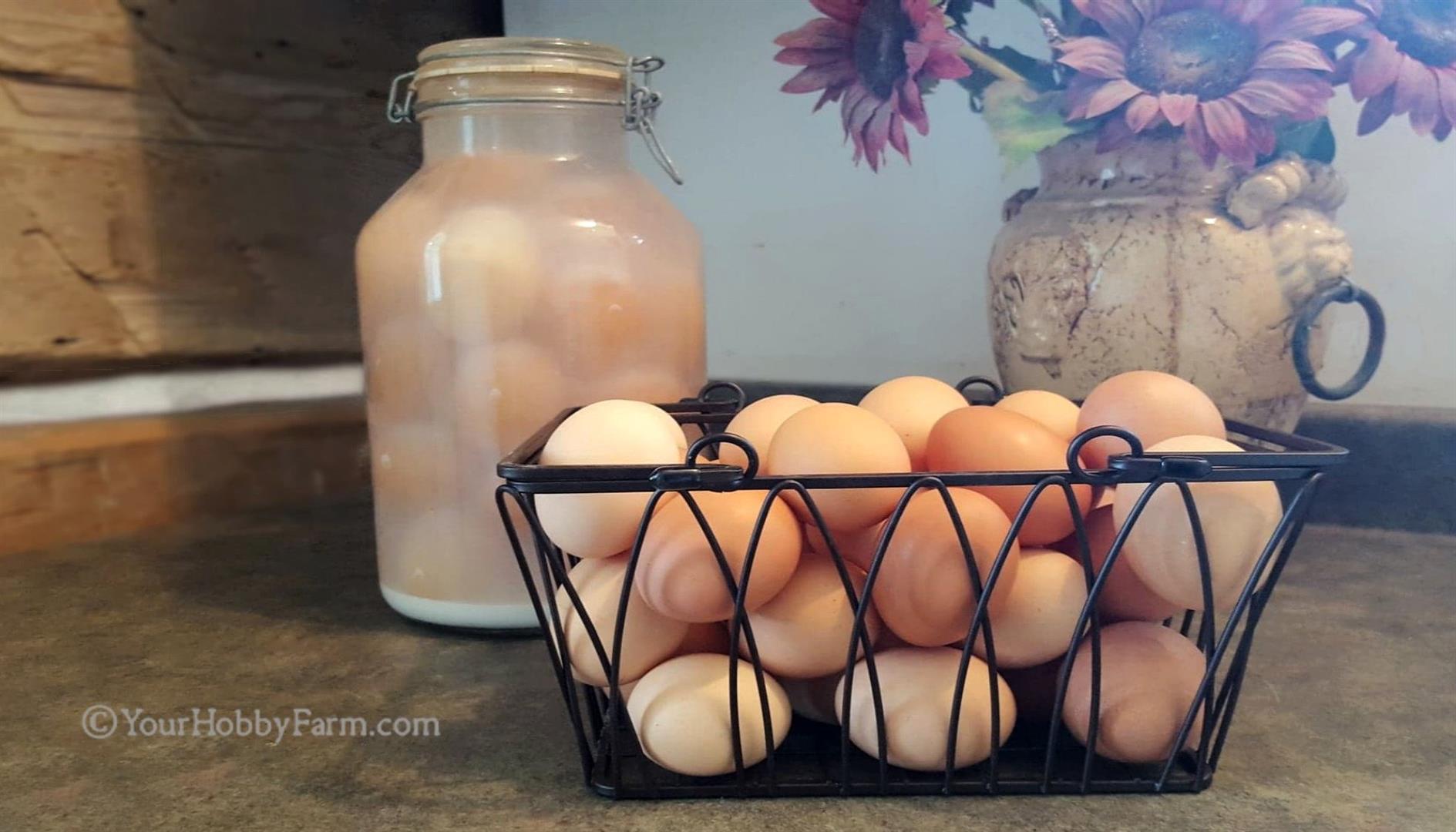Raising Rabbits
Raising rabbits is a great way to begin animal care and can be of benefit to your family, hobby farm or homestead, whether urban or rural. Whether you enjoy rabbits as sweet, quiet pets, or for added income, or for a supplemental food source, rabbits are definitely worth considering. We'd like to talk about how to start raising rabbits and several of the benefits of doing so.
Benefits of Raising Rabbits
Rabbits can reduce stress and add joy. If you have a pet bunny, you'll know that snuggles with it are mutually enjoyed. Most rabbits, when approached the right way, love to be cuddled and stroked. Bunny snuggles give joy – just ask any ten-year-old rabbit owner!
And for older folks as well, cuddling pets is said to be a reliable stress-relieving activity, especially during social isolation. Having animals like rabbits around can improve your overall mood and health, and can even lower blood pressure! Generally, people of all ages enjoy rabbits, both for their cuteness and for the ease of care.
And how do you know if your rabbit enjoys cuddle time? Here are several ways you can tell by rabbit body language that they're happy to be with you, as explained by animal behaviorist, Rosie Bescoby.
Coming home to rabbits after a hard day away at work is a joyful thing. Rabbits are gentle, non-threatening, and non-demanding. They are a breath of fresh air. They do not criticize, and only need a bit of pellets, hay, water, and a clean environment. Oh, and maybe a bit of carrot or parsley now and then along with the cuddling that you give it.
Rabbits can help children learn life lessons. Children can learn valuable life lessons like responsibility, trust, compassion, respect and patience as they care for rabbits. While keeping the tasks age appropriate, children can feed and water the animal and help with cleaning the cage. it's unreasonable to expect a young child to take full responsibility for rabbit care. The personality and interests of the child also are important factors to consider in whether a pet bunny is a good idea.
The pure love of the animal. Children love rabbits and many of them innately desire, or even long to nurture a living, breathing animal. A rabbit can fill a void in the animal-loving child's heart. The ease of raising rabbits in nearly any circumstance makes rabbits a logical choice when a child or even an adult wants to bring animals into their life.
Ethical benefits. Caring for animals easily translates into caring for fellow humans when the flames of humanity are fanned. The child that nurtures a rabbit today grows into an adult whose capacity for compassion and empathy has enlarged to encompass both animals in general, and their fellow humans.
Rabbits can bond with other pets. They can become friends with cats, dogs, birds, rodents, etc. It will take caution and training, and bonding when the animals are young helps a lot.
The temperaments of all pets involved need to be taken into consideration. You'll always need to have your rabbit’s best interest at heart when deciding whether or not you will allow interaction and bonding with other pets.
Rabbits are easy keepers. Nearly anyone, anywhere, no matter where they live, urban or country, can create space in their life for a rabbit or two. Rabbits don't require much space, they're quiet, and most rabbits are clean creatures and can easily learn to use a litter box.
More Advantages to Raising Rabbits
And here are more benefits and advantages of raising rabbits that may be considered. Since rabbits are easy to care for, reasonably inexpensive to raise, and reproduce quickly, they can be raised for profit. Rabbits can provide multiple income opportunities. Here are a few...
Rabbits are prolific breeders. If you're wanting to raise and sell young rabbits, you may be interested in knowing that one doe can produce several litters in a year. Your breeding pair should not be siblings. You should not rehome the babies before they're 7 or 8 weeks old.
When rehoming an animal of any breed, it's important to be assured that they will be loved and well cared for in their future home. Don't be shy to ask perspective buyers important questions that have to do with the future welfare of the animal. The little rabbits are dependent on you to do so.
Raising rabbits for fiber. Even an urban homesteader can put their rabbits to work. Have you considered raising angora rabbit breeds and selling or spinning their luxurious wool?
Many people are discovering the joy of raising rabbits for wool. And why not? The amazingly soft angora wool that they produce can fetch a pretty penny! It is used for creating fiber arts and is excellent for spinning and weaving.
Raising rabbits as livestock. If you're interested in self-sustainability and supplementing your food supply, meat rabbits are definitely worth consideration. When raising rabbits for meat, you'll want to research the bylaws in your community. You'll also want to look into the best meat breeds. If you don't plan to process them yourself, you'll want to look for a good processer in your area as well. And don't forget to put the rabbit pelts to good use as well.
Rabbit Manure is very beneficial for your own home garden or for other gardeners. Since rabbit manure is considered a “cold” manure, it doesn't need to age or compost before you use it. If you have more manure than you need, there's a strong market to sell the rabbit manure to other gardeners.
Rabbit manure also is excellent for raising earthworms. Rabbit manure along with wasted rabbit feed is a wonderful combination for raising and feeding earthworms.
In turn, the earthworms can reduce unsightly manure piles, unpleasant odor, and pesky fly problems. And gardeners and fishermen may be interested in buying the worms from you.
Where Can Rabbits be Kept?
City apartments are no roadblock to keeping rabbits. The space requirement for a single rabbit is no bigger than a single cage. Depending on the size of the rabbit, it might measure 24” by 18” for small rabbits, or up to twice that size for larger ones.
A child can easily keep a rabbit or three, nurturing, tending, and loving it. Plus, the cage inside your home serves as a safe space the rabbit can retreat to if it becomes alarmed for any reason. Leave it open if you like, allowing the rabbit to roam in the areas permitted. Secure the rabbit safely in its cage when you need to leave the home or are unable to supervise for longer periods of time.
Suburban homes. A friend shares that this was her situation when she began raising rabbits. Her family's home was situated in the middle of a 50' x 150' lot. They had no animals other than the family cat. Their rabbits were in outdoor hutches under the shade of a massive avocado tree.
Homesteads and hobby farms, whether 5, or 500, or 0.5 acres are, of course, ideal for raising rabbits as well. Animal husbandry is second nature to those who already keep various livestock.
With the learning curve already shortened, just add the rabbits, cages, and sacks of feed to the barn or shed. You'll be adding an avenue of enjoyment and possibly added income as well.
You can keep your rabbits in your home, in backyard hutches, or in a shed or barn. It's important to ensure that hutches are placed out of the direct sunlight, and the owners should remain attuned to weather patterns since rabbits don't do heat well.
Housing Rabbits
Rabbits do best in all-wire cages. (Does the wire hurt their feet? Click here to find out.) We advocate cages rather than colonies for multiple reasons (see pages 84-86 in Rabbit Raising Problem Solver for the drawbacks of colonies), but more than a few rabbit owners do their best to make it work.
We can help you with ideas for rabbit housing and directions for building your own do-it-yourself cages and hutches. Find free cage plans and links to our rabbit housing e-books here.
Some individuals are simply captivated with the magic of finding tiny bunnies in the nest box. Watching the little kits grow is truly magical. Mama does instinctively do what every doe has done for the last forever, and the bunnies grow and grow. Three-week-old bunnies are the cutest bunnies ever! The darling little bunnies become beautiful adult rabbits, able to produce their own offspring a lot sooner than you'd think.
How to Start Raising Rabbits
Once you've made your decision to raise rabbits, start small with a trio of rabbits - 1 buck, 2 does. Purchase the best breeding stock you can afford. Expect to pay around $40 - $75, if you're in the USA, for each rabbit. Some popular breeds such as Netherland Dwarfs, Holland Lops, or Continental and Flemish Giants might set you back $150 or more per animal.
Ensure that what you buy is healthy.
It is not an advantage to get breeding stock that is vaccinated with Bunny Vac.
Here is what else you are likely to need when you start breeding rabbits:
- 6 wire cages for 3 rabbits and litters of growing bunnies: simple cages cost around approximately $40 each. The easiest way to set up these cages is on PVC hutch frames. If you have the space, use a single-tier system. This will save time because you won't have to clean out drop pans. Our Plans for Building Rabbit Cages in e-book form give the directions for building a variety of cage systems, including underground cages for those in hot climates.
If you prefer, build or purchase hutches or other types of cages of your choice.
- J-feeders are by far the easiest feeders to use for feeding rabbit pellets. They can be filled from the outside and will save a lot of time. These typically cost $5 - $12, depending on size.
- Water crocks or water bottles can be obtained for around $7 - $10 each.
If your rabbitry begins to grow beyond just a few rabbits, you'll definitely want to consider an automatic or semi-automatic water system, which might cost $100 more or less, depending on number of rabbits it will supply water to. A large tank above the cages gravity-feeds water to the rabbits via rubber tubing (or PVC pipe) and drinking bibs.
- Commercial rabbit pellets: $15-25 per 50-pound bag. Strive to avoid GMO ingredients and avoid corn if at all possible. In our experience, GMOs can cause birth defects.
- Grass hay, such as timothy or orchard hay, is an important addition their free choice diet.
- Straw is important to add to the rabbit's diet to support good digestive health. It's also great for nest box stuffing.
- Nest Boxes. Whether you live in a hot or cold climate will help dictate the type of box that is best for your area. In chilly northwest Washington State, I like wood or metal nest boxes with solid floors, and I stuff the box to the brim with wood shavings, hay and straw. Others in very warm climates prefer wood boxes with a screen floor. If you're new to rabbits, ask other rabbit breeders in your area what their preferences are.
- Rabbit toys. These should be chewable, such as safe-to-eat branches, or blocks of wood. The cost to you is minimal with DIY rabbit toys. In the little video below, you'll find some suggestions for easy, quick DIY Bunny toys that your rabbits will love.
Shelter: Free-standing hutches are likely to be securely roofed, but cages and hutch frames will need a roof of some sort over them. A shed or barn works, or even a carport canopy. Or, you may keep your rabbits in your garage or other structure.
Predator Protection: This is last on the list but it is NOT the least concern. Many rabbit owners have lost their rabbits to wild dogs, raccoons, foxes, coyotes, or even cougars. Make your cages with strong wire, and surround your entire rabbitry with livestock panels or other strong fencing. You won't be sorry for these precautions.
Begin Raising Rabbits
Once you start raising rabbits, go slow and get comfortable with successfully taking care of rabbits. Learn what is healthy for the rabbits and what is not. Raise a litter or two successfully. Recognize threats to rabbit health before those threats kill the rabbits. When you're ready, then add more animals to your breeding project.
Additionally, you will grow in wisdom and knowledge if you can attend local rabbit shows. The ARBA website provides the show schedules throughout the USA.
Make friends with fellow rabbit breeders. Rabbit breeders love to talk shop, and they tend to help each other and answer one another's questions. In this way you can overcome various rabbit raising challenges in record time. Your confidence and success will soar.
Resources to Help You Get Started with Raising Rabbits
Rabbits are very easy to raise, but there ARE some considerations you should pay attention to, for example, weather extremes, predators, and parasites, to name a few. Feeding rabbits is important as well. Adding multiple rabbits and/or a breeding program adds extra layers to the learning curve.
The best safeguards for you and your rabbits are education and preparation!
Here are our favorite helpful resources:
- Storey's Guide To Raising Rabbits is an excellent basic resource for raising rabbits. It's in its 5th edition under the current title. Click here to get it from Amazon. (The 5th addition is the current one but the earlier editions are still terrific.)
- Rabbit Raising Problem Solver, the book that co-author Karen Patry has written is available in paperback and Kindle versions.
Click on the link for more info, and to purchase an autographed copy. It is also available from Amazon and wherever books are sold.
Frequently described as a “rabbit bible,” Rabbit Raising Problem Solver is a stand-alone resource answering every possible question one might think to ask. Or, pair it with Storey’s Guide to Raising Rabbits.
- The American Rabbit Breeders Association (ARBA) is an international organization serving rabbit breeders in the USA, Canada, Mexico, and Japan. Consider becoming a member. Members receive the excellent resource, Raising Better Rabbits and Cavies, a booklet that includes many of the basics of raising both rabbits and guinea pigs (cavies).
Checklists and links to a lot of the free information about raising rabbits:
- Rabbit Care Checklist - for beginning rabbit owners
- Rabbit Care
- Pet Rabbits
There is a wealth of absolutely free information on the Raising-Rabbits website. Take advantage of it! Look through the pages, click into the website's search function to find topics that interest you, and see how others have solved problems that you might encounter! If necessary, purchase a resource, whether paperback, kindle, or PDF.
Is raising rabbits right for you? We hope so!
This article was co-authored by Karen Patry,
author of Raising-Rabbits.com and book, Rabbit Raising Problem Solver.
Keyword Value: 1800 383 4700 // (3.8.2021)3529 3083 1145 //
Translate This Page!
Traduire Cette Page!
¡Traduzca Esta Pagina!



Piping Rock©
Bringing you the highest quality In hundreds of health care and life-enhancing natural products at the
lowest cost to you!
high reviews, crazy deals,
happy, healthy customers!
Click here and save today!
Business Appreciation
* This website is not affiliated with
Piping Rock

Supporting our local feed mills
Meunerie Alexandria Milling
613-525-1973
Great Products • Great Prices
Great Service
Click the pic for their
facebook page!
Meunerie Alexandria Milling
Established in 1962 by The Massie Family
Email: Alexandriamilling@hotmail.Ca
475 Massie Crescent
Alexandria, Ontario, Canada
~~~
Small Business Appreciation
* This website is not affiliated with
Meunerie Alexandria Milling

